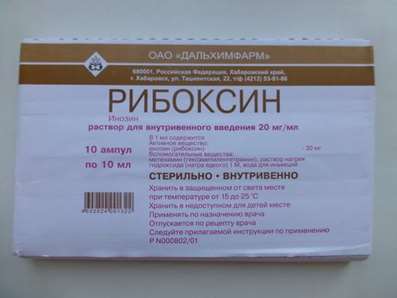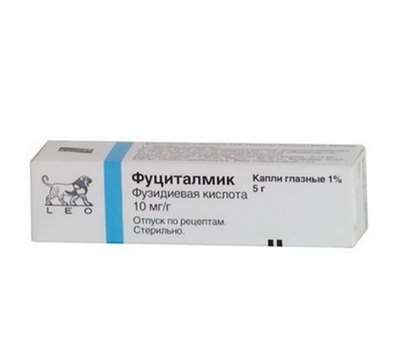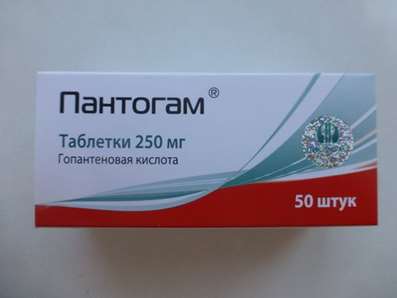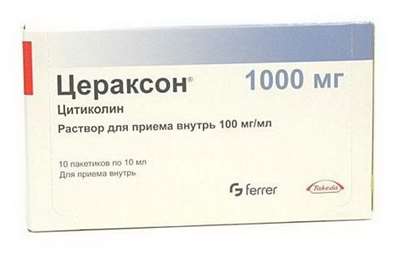Instruction for use: Parlazin
I want this, give me price
Dosage form: Drops for ingestion; Coated tablets; Film coated tablets
Active substance: Cetirizine
ATX
R06AE07 Cetirizine
Pharmacological groups:
H1-antihistamines
The nosological classification (ICD-10)
H10.1 Acute atopic conjunctivitis: Allergic conjunctivitis; Allergic eye diseases; Allergic conjunctivitis; Allergic conjunctivitis caused by chemical and physical factors; Allergic rhinoconjunctivitis; Allergic inflammation of the eyes; Spring Qatar; Spring keratitis; Spring conjunctivitis; Conjunctivitis allergic; Year-round allergic conjunctivitis; Exacerbation of pollinosis in the form of rhinoconjunctival syndrome; Acute allergic keratoconjunctivitis; Acute allergic conjunctivitis; Superficial bacterial infection of the eyes; Rhinoconjunctivitis; Seasonal allergic conjunctivitis; Seasonal conjunctivitis; SENSORY; Chronic allergic keratoconjunctivitis; Chronic allergic conjunctivitis
J30 Vasomotor and allergic rhinitis: Allergic rhinopathy; Allergic rhinosinusopathy; Allergic diseases of the upper respiratory tract; Allergic rhinitis; Allergic rhinitis seasonal; Vasomotor runny nose; Prolonged allergic rhinitis; All-year-round allergic rhinitis; All-year allergic rhinitis; Year-round or seasonal allergic rhinitis; All-the-year-round rhinitis of an allergic nature; Rhinitis vasomotor allergic; Exacerbation of pollinosis in the form of rhinoconjunctival syndrome; Acute allergic rhinitis; Edema of the nasal mucosa; Edema of the nasal mucosa; Edema of the mucous membrane of the nasal cavity; Swelling of the nasal mucosa; Swelling of the nasal mucosa; Pollinosis; Permanent allergic rhinitis; Rhinoconjunctivitis; Rhinosinusitis; Rhinosinusopathy; Seasonal allergic rhinitis; Seasonal allergic rhinitis; Hay rhinitis; Chronic allergic rhinitis; Allergic diseases of the respiratory tract
L20 Atopic dermatitis: Allergic diseases of the skin; Allergic skin disease noninfectious etiology; Allergic skin disease etiology nemikrobnoy; Allergic skin diseases; Allergic skin lesions; Allergic reactions on the skin; atopic dermatitis; Allergic dermatosis; Allergic diathesis; Allergic itching dermatosis; Allergic skin disease; Allergic skin irritation; allergic Dermatitis; atopic Dermatitis; allergic dermatoses; exudative diathesis; Itchy atopic eczema Itchy allergic dermatosis; Allergic skin disease; Cutaneous allergic reaction to drugs and chemicals; Cutaneous reactions to medications; Skin and allergic disease; Acute eczema; common neurodermatitis; Chronic atopic dermatitis; Exudative diathesis
L29 Itching: Itching with partial obstruction of the biliary tract; Dermatitis itchy; Dermatosis with persistent itching; Other itching dermatoses; Itching dermatoses; Itching allergic dermatosis; Itching dermatitis; Itching dermatosis; Itching itch; Excruciating itching; Severe itching; Endogenous itching; Skin itching with dermatosis; Restricted itchy dermatitis; Itching of the skin; Itchy scalp; Itching eczema
L50 Urticaria: Idiopathic chronic urticarial; Injury Urticaria; Chronic urticarial; Hives of the newborn
L50.1 Idiopathic urticaria: Idiopathic urticarial; Chronic idiopathic urticaria
T78.3 Angioedema: Edema Quincke; Laryngeal exacerbation with angioneurotic edema; Recurrent angioedema; Allergic edema; Recurrent swelling of Quincy
Composition
Drops for oral administration 1 ml
active substance: Cetirizine dihydrochloride 10 mg
Auxiliary substances: glycerol 250 mg; Propylene glycol 350 mg; Sodium saccharinate - 10 mg; Sodium acetate trihydrate - 10 mg; Methylparahydroxybenzoate - 1.35 mg; Propyl parahydroxybenzoate 0.15 mg; Acetic acid glacial - 0.5 mg; Purified water - up to 1 ml
Tablets, coated with a film membrane 1 tab.
active substance: Cetirizine dihydrochloride 10 mg
Auxiliary substances: silicon dioxide colloidal anhydrous - 0.8 mg; Magnesium stearate - 1.7 mg; Lactose monohydrate - 11.5 mg; MCC - 91 mg
Film membrane: Opadry Y-1-7000 (hypromellose, titanium dioxide CI 77891, macrogol 400) - 4 mg; Ariovit "Sunset" yellow C.I. 15985 (dye "Sunny Sunset" yellow) - 0.01 mg
Pharmachologic effect
Mode of action - antiallergic.
Dosing and Administration
Inside.
Droplets before use dissolve in a small amount of water.
Adults and adolescents over 12 years of age: 10 mg (20 drops or 1 table) once a day, preferably overnight.
Children aged 6-12 years: 5 mg (10 drops or 1/2 table) 2 times a day (morning and evening) or 10 mg (20 drops or 1 whole tablet) in the evening.
Children aged 1-6 years are recommended to prescribe Parasin® in the form of a drug for oral ingestion.
Children aged 2-6 years: 5 mg (10 drops) once. Also, you can divide this dose into 2 divided doses of 2.5 mg (5 drops in the morning and in the evening).
Children aged 1-2 years: 2.5 mg (5 drops) 2 times a day.
Special patient groups
It may be necessary to reduce the dose in elderly patients.
If the kidney function is disrupted, the dose should be set individually, in accordance with the function of the kidneys. The table below will assist in the selection of a dose. To use this table, Cl creatinine should be evaluated in a patient in ml / min. After determination of the serum creatinine concentration (mg%), the Cl creatinine value can be estimated by the following formula:
Cl creatinine (for men) = [(140-years, years) × body weight, kg) / (72-serum creatinine, mg%]
When calculating the creatinine clearance for women, the result for men is multiplied by 0.85. The table shows the dose, depending on Cl creatinine.
Table
Dose selection depending on the creatinine clearance
| Cl creatinine, ml/min | Dosing |
| ≥80 | 10 mg once a day |
| 50–79 | 10 mg once a day |
| 30–49 | 5 mg once a day |
| 11–29 | 5 mg 1 time in 2 days |
| ≤10 (hemodialysis) | Contraindicated |
Release form
Drops for oral administration, 10 mg / ml. For 20 ml of the drug in a brown glass flask with PE-dropper and polypropylene lid with an internal PE layer, with the control of the first opening, and also with protection against opening by children. 1 bottle in a cardboard box.
Tablets, film-coated, 10 mg. By 5, 7 or 10 tab. In blisters of PVC / PVDC / aluminum foil. 1 blister (5, 7 or 10 tablets) or 3 blisters (10 tablets each) in a cardboard bundle.
Manufacturer
CJSC "Pharmaceutical Plant EGIS"
Conditions of leave from pharmacies
Without recipe.
Storage conditions of the drug Parlazin
In the dark place at a temperature of no higher than 25 ° C.
Keep out of the reach of children.
Shelf life of the drug Parlazin
Tablets, film-coated 10 mg - 4 years.
Drops for oral administration 10 mg / ml - 4 years. The open vial should not be stored for more than 4 weeks.
Do not use after the expiry date printed on the package.

 Cart
Cart





